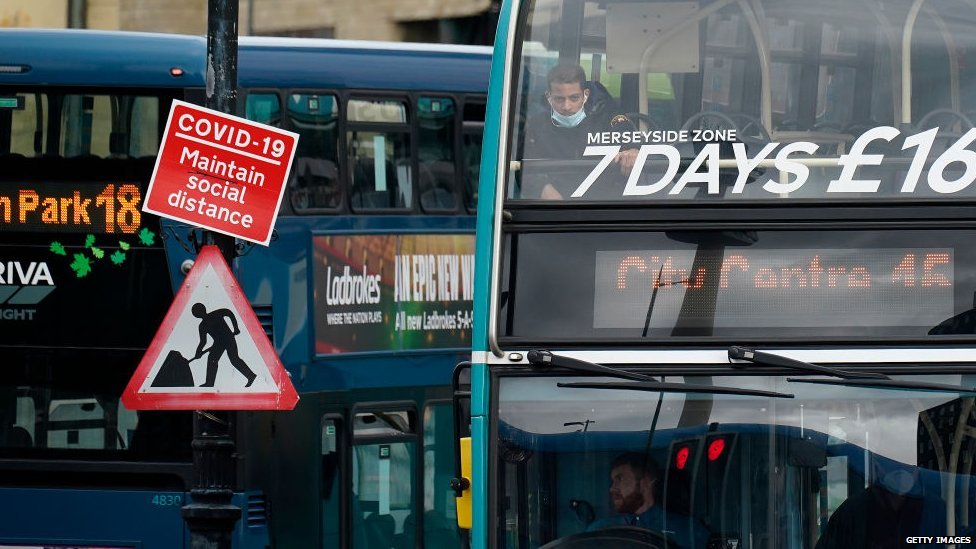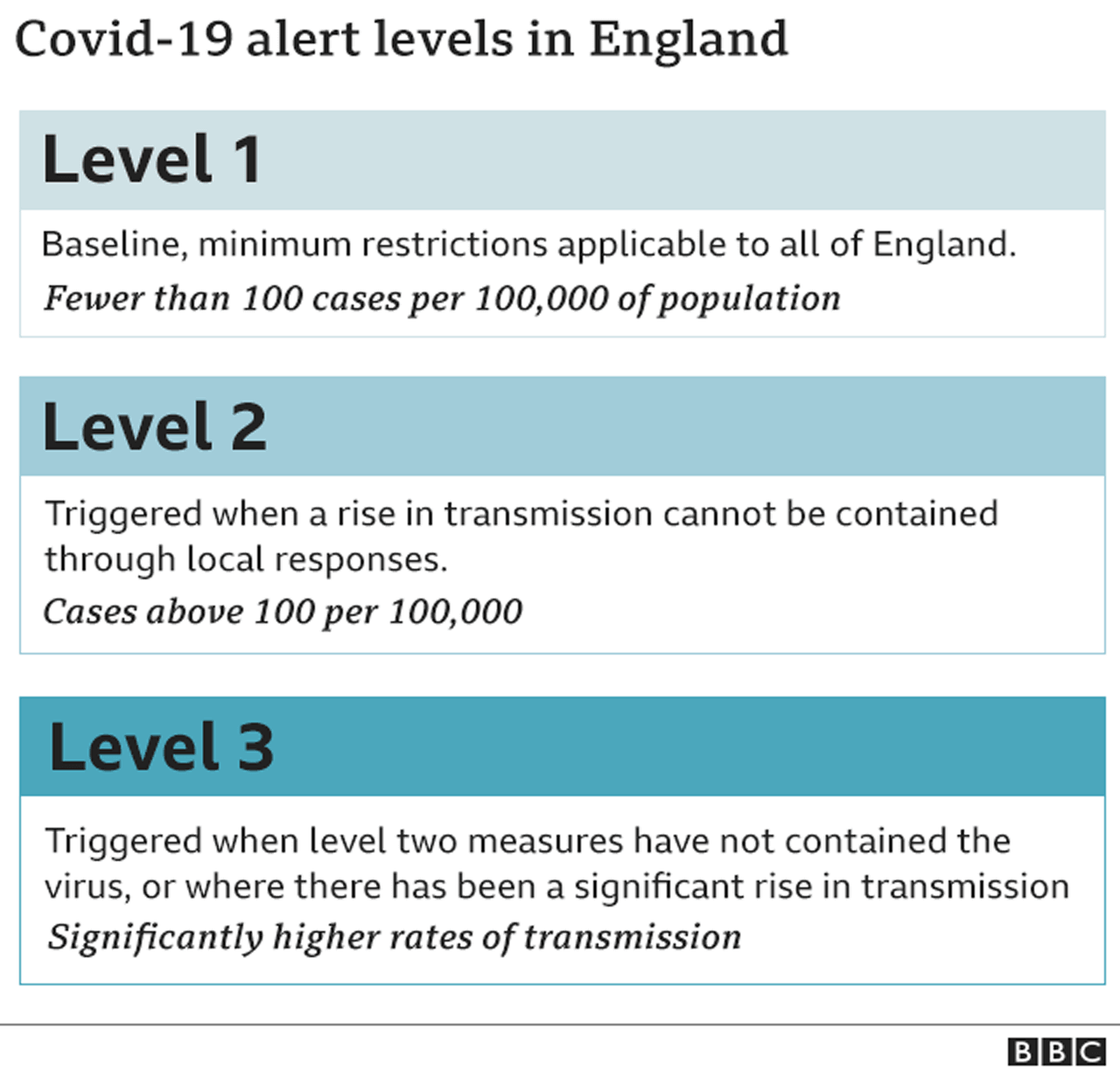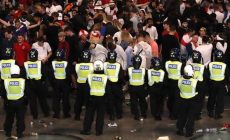Three-tier lockdown system to be unveiled in England
- Posted on
- Comment

The Liverpool City Region is expected to face the tightest restrictions under a new “three-tier” system, which will classify regions as being on “medium”, “high” or “very high” alert.
Steve Rotheram, the city region’s mayor, says negotiations have taken place through the night but “no deal” has been agreed yet.
Talks between local leaders in England and Westminster continue.
Liverpool recorded 600 cases per 100,000 people in the week ending 6 October. The average for England was 74.
The Liverpool City Region includes the local authority districts of Halton, Knowsley, Sefton, St Helens and Wirral, as well as Liverpool.
Gyms, casinos and pubs are among the businesses expected to be impacted by the top-level restrictions, with new curbs to be reviewed after a month.
Prime Minister Boris Johnson is chairing a meeting of the emergency Cobra committee “to determine the final interventions”.
He will then announce changes in the Commons, before speaking at a Downing Street press conference at 18:00 BST.
The prime minister is expected to be joined by Chancellor Rishi Sunak and England’s chief medical officer, Prof Chris Whitty.
Under the new system, tier three is expected to involve the tightest restrictions.
Mr Rotheram told BBC Breakfast he wanted “some surety from national government that if we hit some milestones we can come out of tier three very quickly”.
He said the government had been clear the Liverpool City Region would be placed in the highest category, with “no ifs, no buts”.
He said it had already been agreed that there would be more local control over track and trace and enforcement measures but there was still some reassurance needed on wider financial support for businesses that would be severely impacted by going into tier three.
Mr Rotheram has previously warned the government “can’t do lockdown on the cheap” and called for support for the city region.
He said the government should pay 80% of workers’ wages – as was the case under the furloough scheme – if their employers are shut down, rather than the 67% to be paid under the expanded Job Support Scheme.

-BBC










 (Selorm) |
(Selorm) |  (Nana Kwesi)
(Nana Kwesi)